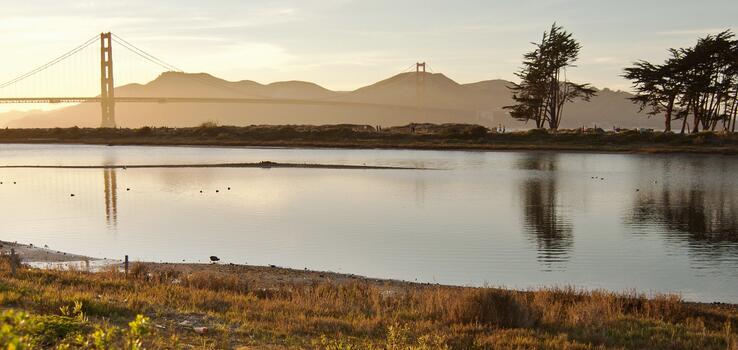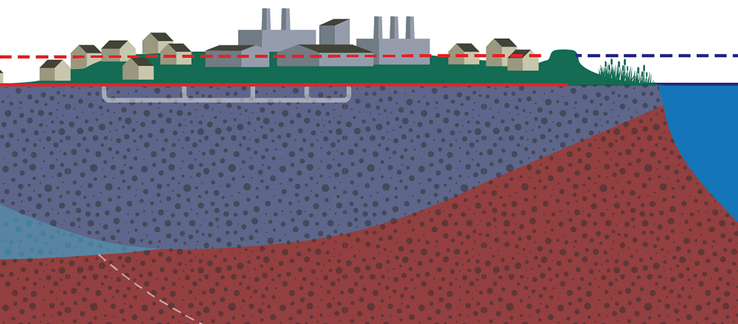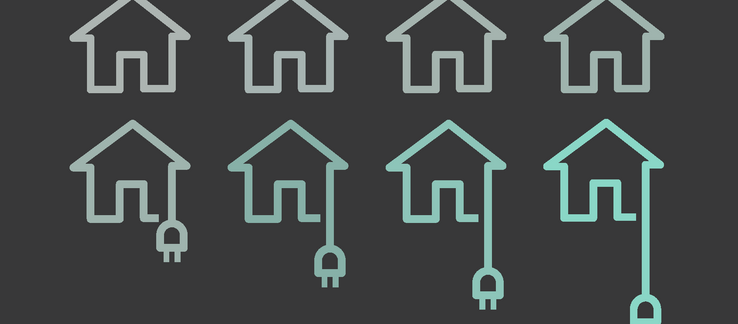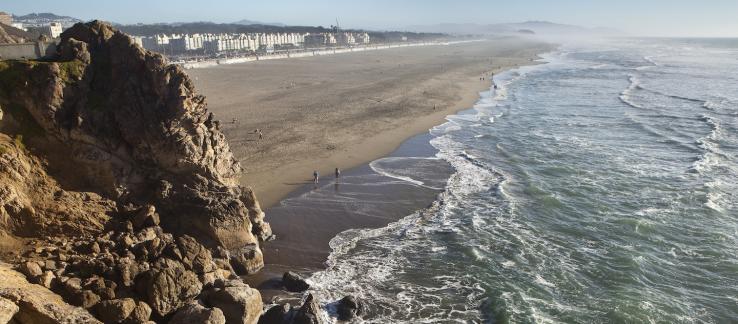
Sustainability and Resilience
We believe: The region should be environmentally just, carbon-neutral,
and resilient to climate change and earthquakes.
and resilient to climate change and earthquakes.

• Decarbonize buildings.
• Make the region resilient to sea level rise and other climate-driven natural disasters.
• Improve communities’ resilience to earthquakes.







